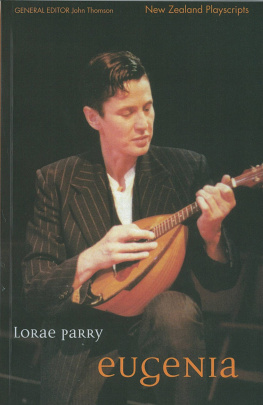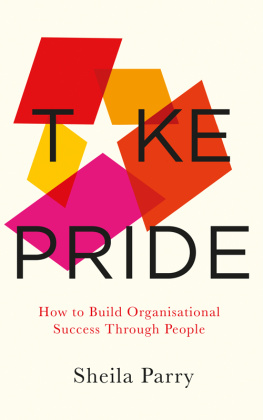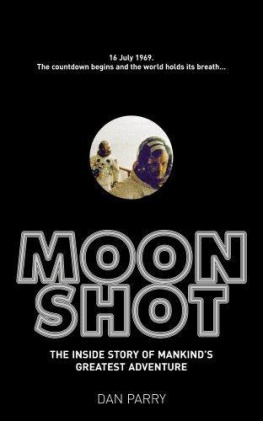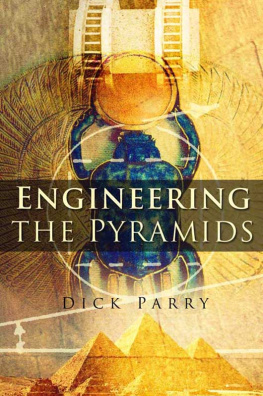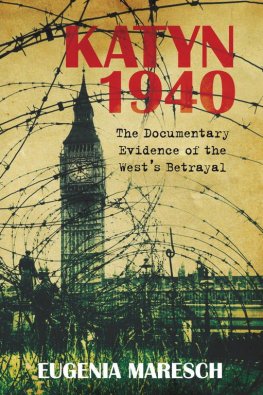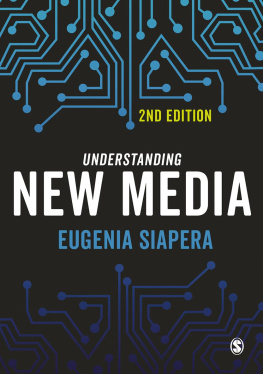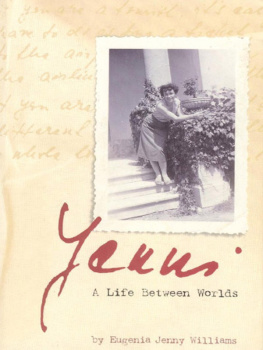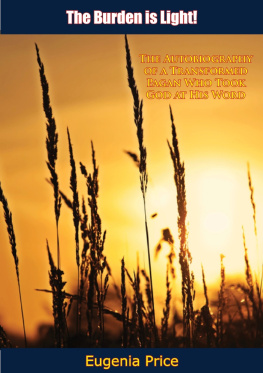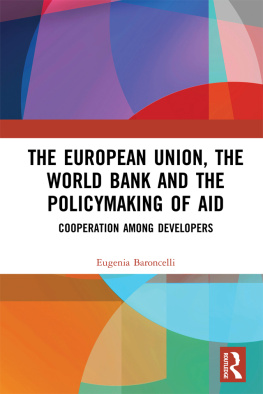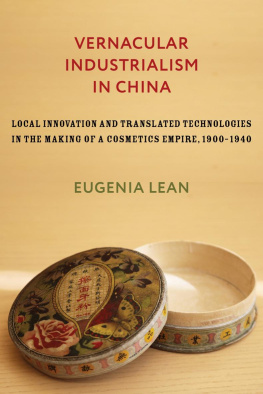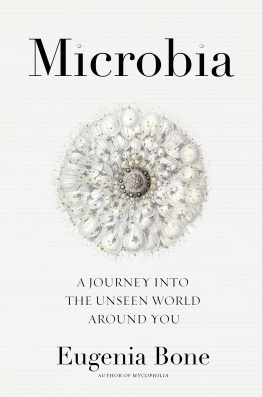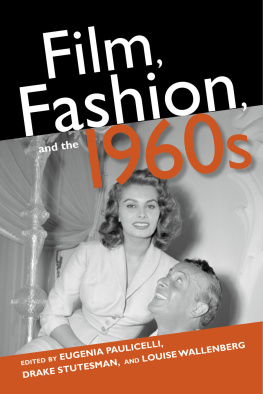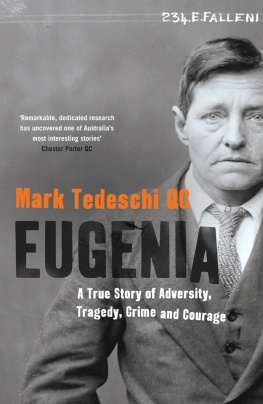is set in two time-frames: 1916 and the present. Because the six actors are required to play fourteen characters, it is preferable, for reasons of clarity, to have only one costume for each character. Some of the costume changes require lightning speed from one time-frame to another, so it is also advisable that some basic part of costuming be used in both past and present. The play works most effectively with a minimum of furniture, which can remain onstage throughout and which can be used in both periods. The scenes weave fluidly between past and present and occasionally overlap, so in order to keep the action flowing it is also desirable to keep blackouts to an absolute minimum.
The dances that the students perform should have a beautiful and surreal quality to them, as if they are a link between the two worlds. The contents of Eugenias wooden box should never be revealed to the audience.
| 1916 | E UGENIA : an Italian woman who lives as a man |
| the present | G EORGINA M ATHESON : a deputy principal |
| 1916 | V IOLET D ONOVAN : an Irish housekeeper |
| the present | I RIS R OBINSON : a drama teacher |
| 1916 | R OSA B ASSANI : an Italian landlady |
| the present | L ILY T HOMPSON : a girl student |
| 1916 | R UBY B AKER : a Cockney boarder |
| the present | V ICTORIA S TEVENS : a girl student |
| 1916 | V INCENT D UGGAN : a Cockney, Violets ex-lover |
| the present | C OOPER : a principal |
| 1916 | P UB J OE : a Cockney boarder |
| F INN : a brickhill foreman |
| W ALLACE : a detective |
| the present | M URRAY : a boy student |
Note: Italian dialogue is translated in parentheses. You see things and say why, but I dream things
that never were and say why not?
George Bernard Shaw
Italian music is heard. The lights come up on E UGENIA , V IOLET , R UBY , M RS B ASSANI , V INCENT
and W ALLACE .
All are dressed in 1916 costume.
With the exception of E UGENIA , they all sing vigorouslythe first two verses of an Italian folk song, Bella Ciao. V INCENT and W ALLACE stand to the side. One or both of the men accompany the song on guitar. While they sing, E UGENIA removes her womens clothing and hat. Underneath, she is dressed in a mans suit. She exits while the other women continue to sing. The singing stops and the women speak to each other and to the audience.
The guitar music continues under the womens dialogue. M RS B ASSANI : He was the most beautiful woman I ever know. He knew how a woman liked to be treated. V IOLET : She was the most romantic man I ever knew. M RS B ASSANI : Che buon amore. (Agoodlover.) R UBY : He was a right good lover all right.
V IOLET : He wouldnt be telling a woman to do anything. Hed ask. M RS B ASSANI : He was bella. Cos bella. R UBY : He knew what it felt like to be a woman. An when it come to kissin, Id say hed rate heavenly.
Heavenly plus. He wasnt afraid of gettin his lips wet. The guitar music stops. W ALLACE : He was a very confused young woman. The body was a house divided. A misused mansion.
The dwelling that had been designed for the sacred ceremonies of motherhood became a ribald clubhouse for the mock rites of masculinity. The guitar starts again and they all sing the last two verses of Bella Ciao as the woman dance the tarantella. M RS B ASSANI sweeps up E UGENIA sdiscarded garments as they all dance off.
G EORGINA
enters.Sheisrehearsingaspeechofintentionforthepositionofprincipal. G EORGINA : St Benedicts is capable of becoming one of the most progressive independent schools in the country. If I were appointed principal, it would be my priority to restore the excitement of creativity to this establishment. To nurture the individuality and uniqueness of our students. To turn B students into A students, we dont need to wage war on drug abuse and violence.
We dont need crisis intervention. We need preventative medicine. We all know that you can cram your head full of facts and figures till youre blue in the face, but youll forget them all within six weeks of an exam. The challenge is to learn how to learn. We need to understand in ourselves the nature of creative thinking; to impart this to our students; to stimulate their desire and their ability to learn. If I were appointed principal, I would be committed to restoring this school to its former standards of innovation, distinction and academic excellence.
C OOPER enters just before G EORGINA finishes. He claps. C OOPER : Bravo! G EORGINA is embarrassed to realise that Cooper has been watching her. G EORGINA , good humouredly: Cooper! How long have you been spying on me, you sod! C OOPER : Hit them with that and youll have them eating out of your palm. Listen, our new drama teacher has just arrived I RIS

